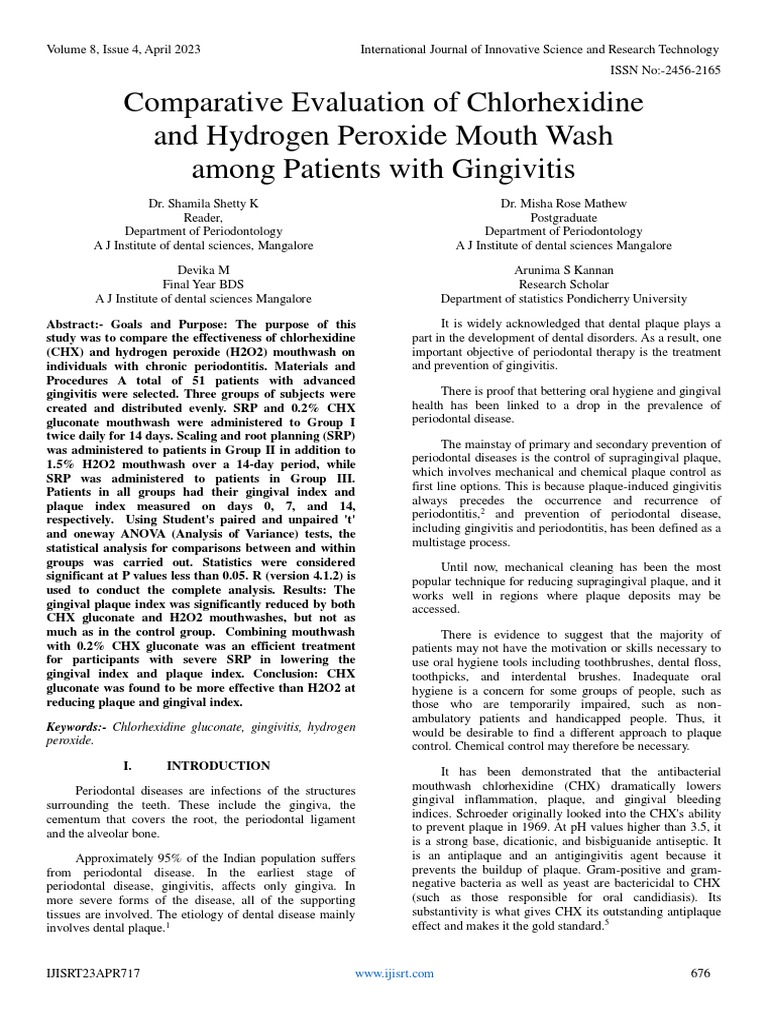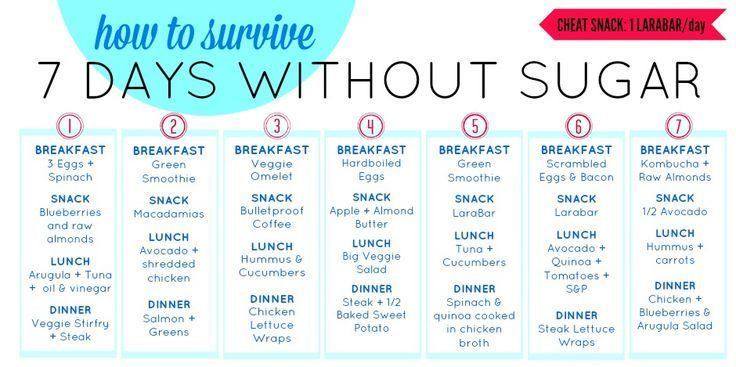Hydrogen Peroxide For Oral Hygiene

The use of hydrogen peroxide for oral hygiene has been a topic of interest for many years, with its applications ranging from professional dental treatments to at-home oral care routines. Hydrogen peroxide, a chemical compound with the formula H2O2, is known for its strong oxidizing properties, which make it effective in killing bacteria, whitening teeth, and reducing inflammation in the mouth. This article aims to delve into the world of hydrogen peroxide in oral hygiene, exploring its benefits, methods of use, and precautions to ensure safe and effective application.
Historical Evolution of Hydrogen Peroxide in Dentistry
Historically, hydrogen peroxide has been used in various dental applications, including as a mouthwash, for teeth whitening, and as an ingredient in toothpaste. The earliest recorded use of hydrogen peroxide in dental care dates back to the late 19th century, where it was utilized for its antiseptic properties to treat gum diseases and other oral infections. Over the years, its use has evolved, with advancements in dental research leading to more sophisticated and safe applications.
Benefits of Hydrogen Peroxide for Oral Hygiene
Antimicrobial Properties: Hydrogen peroxide is highly effective against a wide range of microorganisms, including bacteria, viruses, and fungi. Its oxidizing action disrupts the cell walls of microbes, leading to their death. This property makes it an excellent agent for reducing plaque, preventing gingivitis, and treating mouth ulcers.
Teeth Whitening: The oxidizing power of hydrogen peroxide can penetrate tooth enamel and break down stains, thereby whitening teeth. This is the principle behind many professional and at-home teeth whitening products.
Gingivitis Prevention and Treatment: By reducing bacterial load and plaque, hydrogen peroxide can help prevent and treat gingivitis, a mild form of gum disease characterized by inflammation of the gums.
Bad Breath (Halitosis) Treatment: Hydrogen peroxide can help reduce the bacteria that cause bad breath, leaving the mouth feeling fresh and clean.
Practical Application Guides
For those looking to incorporate hydrogen peroxide into their oral hygiene routine, here are some practical guides:
Mouthwash: Mix equal parts of hydrogen peroxide (3%) with water and swish the solution around your mouth for about 30 seconds before spitting it out. This can be done once or twice a week, depending on your oral health needs.
Toothpaste: Some toothpastes contain hydrogen peroxide. When using such toothpastes, ensure to follow the manufacturer’s instructions.
Professional Teeth Whitening: For more pronounced teeth whitening, consider consulting a dentist for professional treatments that use higher concentrations of hydrogen peroxide under controlled conditions.
Precautions and Safety Considerations
While hydrogen peroxide can be a valuable addition to oral hygiene routines, it’s crucial to use it with caution:
Concentration: Always use the recommended concentration of hydrogen peroxide. Higher concentrations can damage tooth enamel and irritate gums.
Frequency: Overuse can lead to tooth sensitivity and gum irritation. Limit the use of hydrogen peroxide mouthwashes to once or twice a week.
Pregnancy and Breastfeeding: Consult a dentist before using any new oral care products, including those containing hydrogen peroxide, during pregnancy or breastfeeding.
Tooth Sensitivity: If you experience tooth sensitivity after using hydrogen peroxide, consider reducing the frequency of use or switching to a desensitizing toothpaste.
Expert Insights
According to dental experts, the key to effectively using hydrogen peroxide for oral hygiene is balance. While it offers numerous benefits, overuse or improper use can lead to negative effects. Regular dental check-ups can help determine the best oral care plan for individual needs.
Comparative Analysis with Other Oral Hygiene Agents
When compared to other oral hygiene agents, hydrogen peroxide stands out for its broad-spectrum antimicrobial activity and teeth whitening properties. However, other agents like chlorhexidine mouthwashes may offer superior long-term protection against plaque and gingivitis, albeit without the whitening effect. The choice of oral hygiene product should be based on individual needs and preferences, under the guidance of a dental professional.
Future Trends and Emerging Research
Emerging research suggests that hydrogen peroxide, in combination with other compounds, may have potential applications in treating more severe forms of gum disease and in developing new oral care products with enhanced efficacy and safety profiles. The integration of nanotechnology and hydrogen peroxide is also an area of interest, with potential for more targeted and efficient antimicrobial action.
Decision Framework for Incorporating Hydrogen Peroxide into Oral Hygiene
Assess Oral Health Needs: Determine your specific oral health goals, whether it’s reducing plaque, whitening teeth, or treating gum diseases.
Consult a Dentist: Especially if you have sensitive teeth, gum diseases, or are considering professional teeth whitening treatments.
Choose the Right Concentration: For at-home use, a 3% solution is recommended. Higher concentrations should only be used under professional supervision.
Follow Instructions: Adhere to the recommended usage frequency and method to avoid adverse effects.
Monitor and Adjust: Pay attention to any changes in your oral health and adjust your use of hydrogen peroxide accordingly.
Conclusion
Hydrogen peroxide is a versatile and effective agent for maintaining good oral hygiene, offering benefits that range from antimicrobial action to teeth whitening. By understanding its uses, benefits, and precautions, individuals can harness its potential to enhance their oral health. Always remember, a balanced approach that includes regular dental check-ups and a well-informed oral care routine is key to maximizing the benefits of hydrogen peroxide while minimizing its risks.
FAQ Section
What concentration of hydrogen peroxide is safe for oral use?
+A 3% solution of hydrogen peroxide is generally considered safe for oral use when diluted with water. Always follow the instructions provided with the product or consult a dental professional.
Can hydrogen peroxide damage tooth enamel?
+Yes, high concentrations of hydrogen peroxide or prolonged use can potentially damage tooth enamel. It’s essential to use the recommended concentration and follow a balanced oral care routine.
Is hydrogen peroxide effective against all types of bacteria in the mouth?
+Hydrogen peroxide has broad-spectrum antimicrobial activity, but its effectiveness can vary against different types of bacteria. Regular dental check-ups can help identify the best approach for managing oral bacteria.

